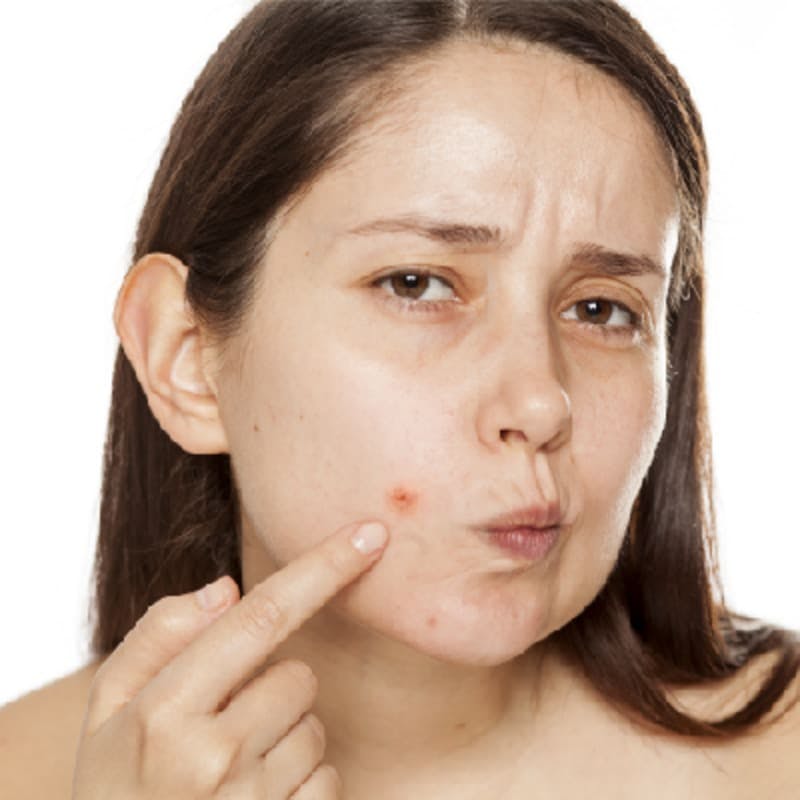For many people, acne can be extremely distressing. However, it is much more common than you might think.
Acne vulgaris, otherwise known as common acne, is the eighth most prevalent disease in the world. Young people are most likely to have the condition – approximately 80% of people with acne are aged 11 to 30.
Although symptoms will usually fade over time without acne treatment, there are many steps you can take to help treat the condition.
If you’re ready to get help now you can book an online GP appointment to discuss your acne with a doctor, or refer yourself to a specialist dermatologist using the links below.
